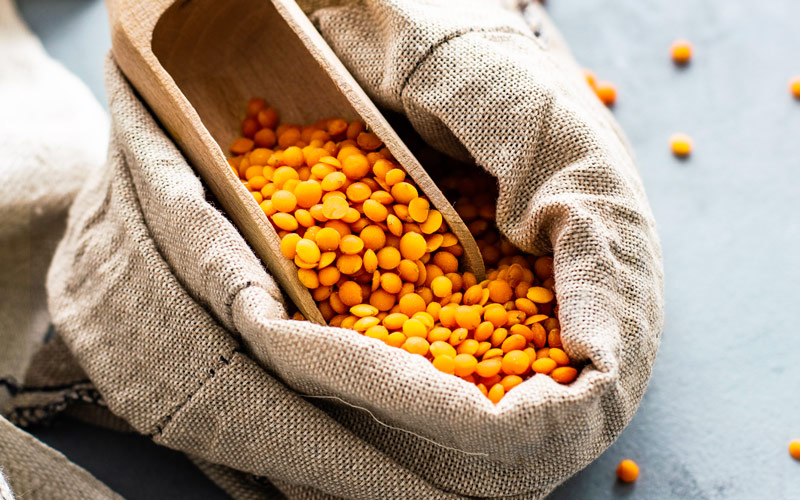The Tough is Getting Tougher…

The UK Government’s Autumn Statement is clearly seeking to improve the mood music in preparation for the 2024 General Election – whilst injecting confidence into the financial markets it depends on for funding. With the British food industry facing continued challenges, the Government would possibly wield better returns if it just invested capital into the country’s struggling industry.
On the demand side, essential inflation (on energy and food) is hitting volumes and leading to some deterioration in mix and decreased trading, with ONS food inflation rising to 16% in October. Price recovery is a work stream that is ongoing for many in the supply chain, but the propensity of shoppers to take on much more without notable cuts in units/step down in mix is a real worry.
Over on the cost side, food commodity prices have stabilised following the stratospheric markups which occurred in the spring as a result of the Ukraine invasion. But they still remain elevated year-on-year. And operating challenges just keep coming – presently the broiler, eggs and turkey sectors are coping with bird flu. This comes alongside ever-increasing energy prices, and with little help from the Government after April 2023, there could be a notable cost headwind in sight if prices do not ease.
The Statement’s inclusion of a 9.5% increase in the UK National Living Wage to £10.42 will also be a major cost challenge for the food supply chain and retail sector to absorb from April 2023 onwards. Especially given the aforementioned challenges in cost recovery. Meanwhile, the indexation of benefits and state pensions does little to incentivise work or build a viable labour pool. The Government, it seems, remains ambivalent to agriculture and the food manufacturing sector’s labour needs – which is, of course, inflationary.
Indeed, in championing five industrial areas for growth, the British Government does not seem to realise that we even have a food system. As the largest employer in the nation, working the bulk of the country’s land, the UK’s food system should be at the centre of future health and sustainability strategies. That’s if we want our food industry to be more secure in an increasingly fragile world that has witnessed a global pandemic and serious European conflict.
Such economic and sector contexts paint a genuinely challenging picture for the British food system in 2023. Hence, the outlook for demand, set against what is likely to be tougher cost recovery, means margins are likely to diminish over the coming years. In the face of such pressure points, a clinical focus upon operating costs, working capital, and cash liquidity will be management imperatives through this constrained period.
On a slightly brighter note, it’s reasonable to expect the headline inflation rate to ease back from spring 2023, driven by energy and food comparatives. However, whatever way one cuts it, if there is any kind of food commodity shock – say in the southern hemisphere harvest – then the outlook for margins across the whole British food system will be under pressure.
In this respect, Mark Dudley and the team at Coriolis are exceptionally relevant – given their applied expertise in manufacturing processes, productivity programmes, and efficiency improvements for operations in the UK and further afield. Given the emerging economic and commercial headwinds, contacting them may be the most rewarding thing you do. Unless, of course, England or Wales can ‘bring football home’.
Dr Clive Black
Senior Advisor
Coriolis Consulting
November 2022








